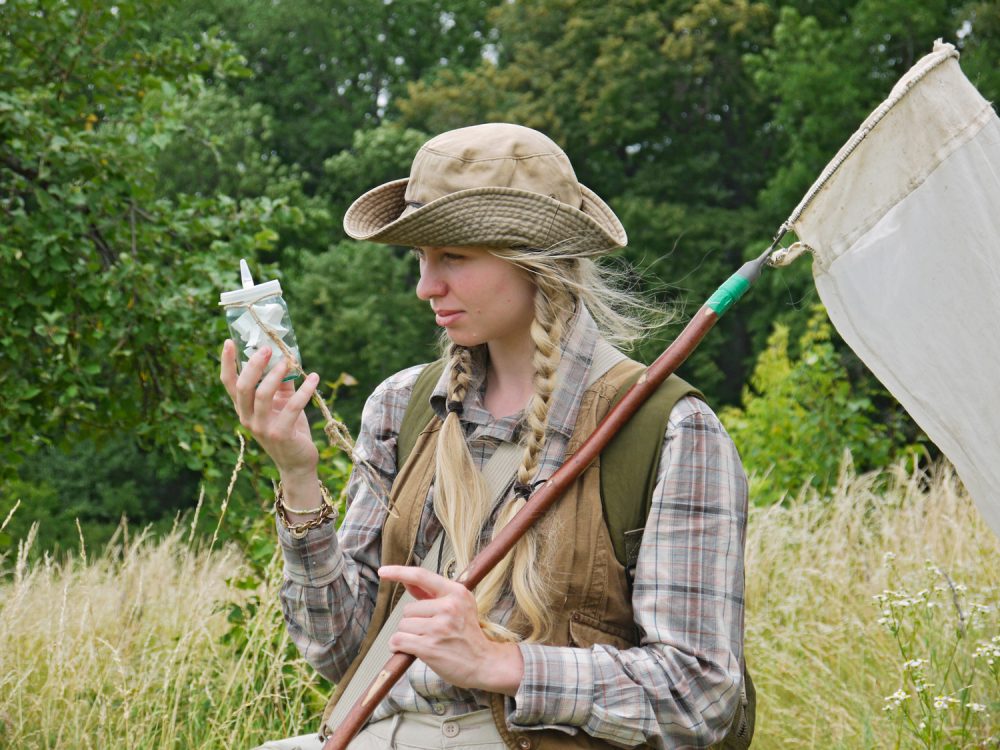 Overview
Overview
When engaging in experiential learning, students are given the opportunity to learn from direct, hands-on experiences rather than in a traditional classroom setting. These direct experiences can range from internships or service learning, to field research or studying abroad. Students who participate in experiential learning have the potential to become autonomous critical thinkers who take an active, rather than inert, role in their own education.
Strategies
Plan Ahead
Ensure that experiential learning programs align closely with the curricular goals. Develop assessment tools that allow you to “provide evidence of the achievement of the academic objectives.”
Learning through Workplace Experience
Micro-internships are short, project-based, remote internship opportunities. Consider incorporating micro-internships into your curriculum as essential training, optional or alternative assignments, or projects for course credit.”
Internships or Cooperative Education Experiences are longer-term opportunities for students to get hands-on experience in industry. They can be for credit or paid, and have varying lengths. Many companies offer internships in the fall, spring, and summer. Most opportunities are posted 6 months in advance, so helping students plan ahead is essential.”
Provide Opportunities for Students to Reflect
Giving students the ongoing opportunity to reflect on their hands-on experiences allows them to make clear connections between the concepts they learn and how those concepts can be practically applied.
References
- Teaching Beyond the Podium podcast (Center for Teaching Excellence, University of Florida): Student Community Involvement | Transcript (.pdf)
- Mark Smith (Infed.org): David Kolb on Experiential Learning
- Faculty Development and Instructional Design Center (Northern Illinois University): Experiential Learning
- Michelle Schwartz (Ryerson University): Best Practices in Experiential Learning
- Experiential Learning Office (Ryerson University): Critical Reflection- an Integral Component to Experiential Learning (.pdf)
- Frederick Kates, Ph.D., University of Florida (2019): Enhancing and Impacting the Online Classroom Environment with Infographics
- Alice Y. Kolb and David A. Kolb (2005): Learning Styles and Learning Spaces: Enhancing Experiential Learning in Higher Education (.pdf)
- Alexa J. Lamm et al. (2011): An Exploration of Reflection: Expression of Learning Style in an International Experiential Learning Context (.pdf)
- Karen Roland (2017): Experiential Learning: Learning through Reflective Practice (.pdf)
 Overview
Overview